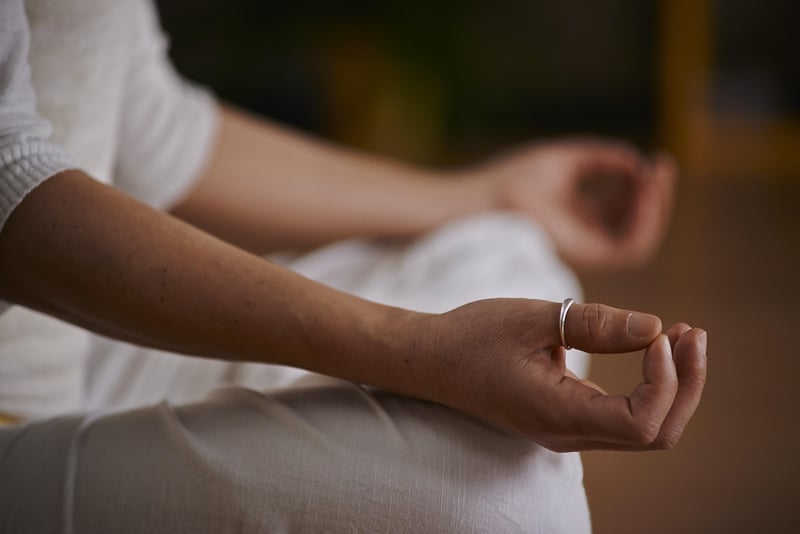Relaxation Practices
Improving Your Sleep Quality with Relaxation Practices
Sleep is essential for our physical and mental well-being. Quality sleep helps improve concentration, productivity, and overall health. However, many of us struggle to get a good night's rest due to stress, anxiety, or poor sleep habits. Incorporating relaxation practices into your bedtime routine can help promote better sleep quality. Here are some effective relaxation techniques to enhance your sleep:
1. Deep Breathing Exercises
Deep breathing exercises can help calm the mind and relax the body before bedtime. Try inhaling deeply through your nose, holding your breath for a few seconds, and then exhaling slowly through your mouth. Repeat this process several times to help ease tension and prepare your body for sleep.
2. Progressive Muscle Relaxation
Progressive muscle relaxation involves tensing and then relaxing different muscle groups in your body. Start from your toes and work your way up to your head, focusing on each muscle group for a few seconds before releasing the tension. This practice can help release physical tension and promote a sense of relaxation.
3. Guided Imagery
Guided imagery involves visualizing peaceful and calming scenes to help quiet the mind and induce relaxation. You can imagine yourself in a serene natural setting, such as a beach or a forest, and focus on the sensory details to create a vivid mental image that promotes relaxation and sleep.
4. Meditation
Meditation is a powerful tool for calming the mind and reducing stress. Practice mindfulness meditation before bed by focusing on your breath or repeating a calming mantra. This can help quiet racing thoughts and prepare your mind for a restful night's sleep.
5. Aromatherapy
Using essential oils like lavender, chamomile, or bergamot can promote relaxation and improve sleep quality. Diffuse these oils in your bedroom or add a few drops to a warm bath before bedtime to create a soothing atmosphere that enhances relaxation and helps you unwind.
6. Relaxing Music
Listening to calming music or nature sounds can help relax the mind and body, creating a peaceful environment for sleep. Choose soft, instrumental music or sounds of nature like ocean waves or gentle rain to create a tranquil ambiance that promotes relaxation and restful sleep.
By incorporating these relaxation practices into your bedtime routine, you can improve your sleep quality and experience more restful nights. Remember to create a calming sleep environment free of distractions and establish a consistent bedtime routine to signal to your body that it's time to unwind and prepare for sleep.
Take care of your well-being by prioritizing quality sleep through relaxation practices, and enjoy the benefits of improved sleep quality on your overall health and daily performance.

Image source: Pixabay
